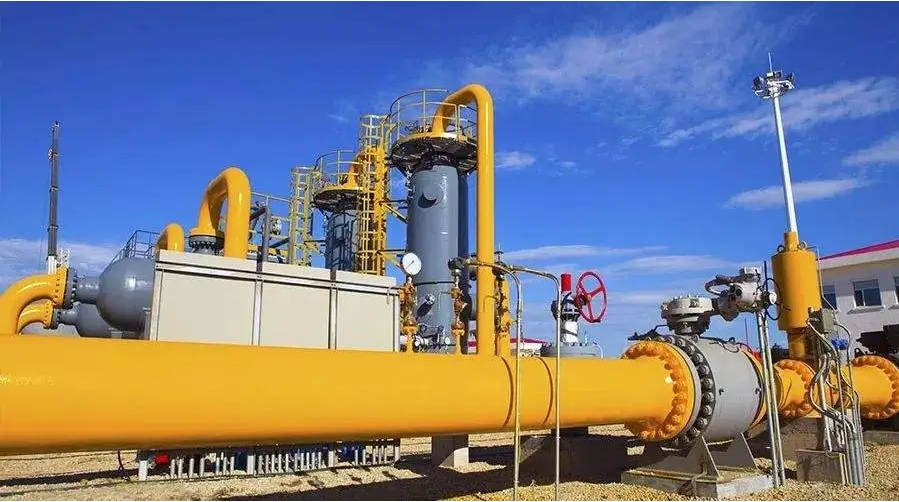The tariff, potentially worth 4.8 billion euros ($5.24 billion), would ultimately have hit consumers as energy firms passed on the costs to customers.
It was similar to one introduced by Germany in 2022 which is however now being looked at by the EU's energy regulator ACER to see whether it breaches EU competition rules.
Italy's authority, ARERA, said on its website late on Tuesday that it did not intend to press ahead with the proposal, given "the ongoing debate at European level on the need to avoid unilateral measures that could endanger energy solidarity and frustrate efforts to diversify supply sources."
Should the discussions at a European level lead to the possibility of the tariff finally being introduced, ARERA will guarantee energy groups enough time to adjust their pricing and overall operations, the statement added.
ARERA had initially announced the so-called "neutrality charge", a fee weighing on gas passing through the interconnection points of domestic and international grids, in December, with the aim of making it effective from April.
Both the German tariff and the one proposed in Italy are a legacy of the European energy crisis that peaked in 2022 after Moscow cut gas flows to Europe following its invasion of Ukraine and an undersea explosion shut the Nord Stream pipeline from Russia to Germany - the route for 15% of Europe's gas imports.
The European Commission's energy department, which asked ACER to investigate the German tariff, has been also in touch with the Italian regulator in recent weeks to get a better understanding of the design of the planned measure, a spokesperson for the EU's executive told Reuters last month.
At the time the spokesperson stressed that "tariffs have to comply with the EU legislative framework."
An Italian source close to the matter told Reuters on Wednesday ACER and national regulators are now discussing what would be "a potential coordinated approach for the future" to address the issue of storage costs, without providing details.
